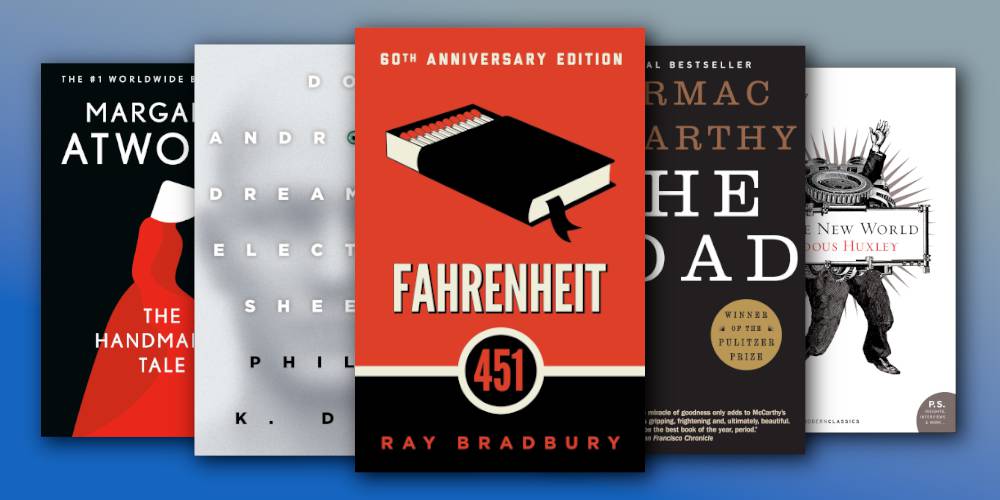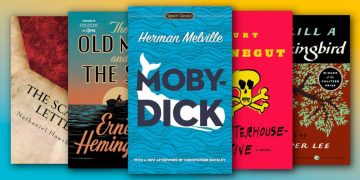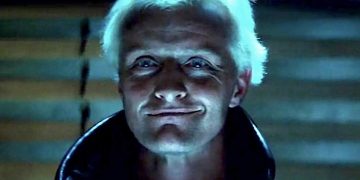There's nothing like a good dystopian novel. They're chilling, unnerving, and can change how you see the world. Then again, as we're about to find out, that isn't always a pleasant experience...
These are the books that depict a dystopian reality with such earnestness, with such a clear perspective, with such unwavering truth that they've lived on in the public consciousness for years.
These can be novels that deal with dystopias of many different forms, including totalitarian governments, ecological disasters, and technologically nightmarish realities.
Here are my picks for the best dystopian novels of all time that depict where we might end up if we're not careful.
10. We
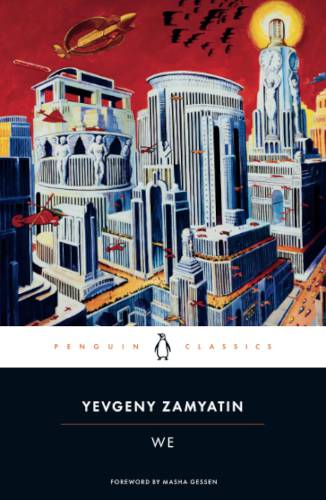
Back in 1921, Yevgeny Zamyatin wrote the quintessential dystopian novel about a man's harmonious presence in a homogenous state: However, one can tell that it's an insidious harmony.
It's later revealed that this homogenous state is actually a totalitarian state, one that was more than likely inspired by Yevgeny's living through the October Revolution in Leninist Russia.
We is a distressing story because it's clearly more fact than fiction, but it's still a dystopian novel that everyone should read. The entire genre of dystopian fiction is indebted to Zamyatin's work.
9. Catch-22
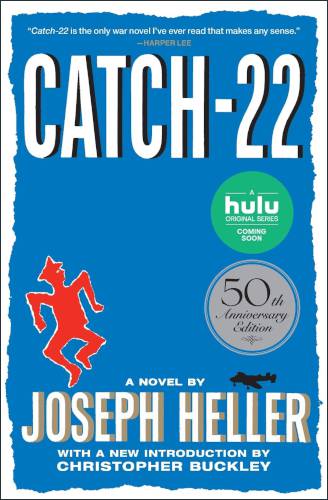
Catch-22 is a bit of a funny entry on this list because it isn't necessarily a dystopian novel, per se. In fact, it only represents a dystopian reality through the means of satire.
In this story, pilots flying in World War II are given a set amount of missions to fly—but when they reach that required number, they find their required amount has been further raised.
In the end, Catch-22 is a farcical but critical reflection of war, military, authority figures, and their maddening bureaucracy that has no end.
Though it doesn't sound dystopian on its surface, reading through the absurdity of bureaucratic procedure, hierarchy, and paradox will certainly give you a feeling reminiscent of any dystopian novel.
8. Never Let Me Go
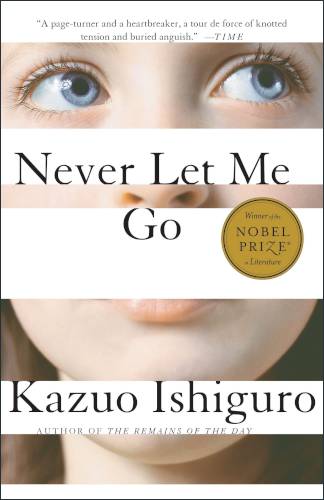
Never Let Me Go was Kazuo Ishiguro's sixth novel—and if you ask me, it's a strong contender for his best work. The story follows a love triangle, but the backdrop is one of the most haunting backdrops of any dystopian sci-fi book ever written.
The three people at the center of the narrative are Kathy, Tommy, and Ruth. They grow up in a boarding school together and aren't allowed to leave the grounds. Everyone is closely watched by teachers.
Eventually, the reality of their situation comes to light—and it's about as dystopian as it gets. (We won't spoil it for you.)
Never Let Me Go is a harrowing tale about human dignity, the importance of freedom for all, and the consequences of denying people their sanctity of life for "the greater good."
7. Do Androids Dream of Electric Sheep?
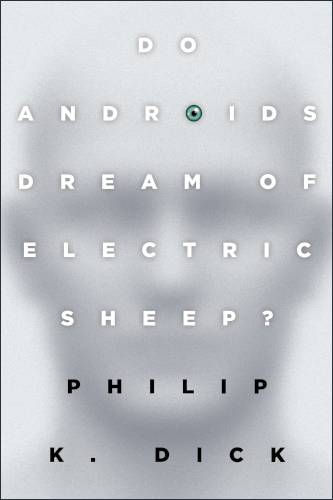
Do Androids Dream of Electric Sheep? was Philip K. Dick's seminal book that went on to inspire the creation of Blade Runner (1982).
If that isn't reason enough for you to read this fantastic novella, then how about this: it's one of the first books to truly examine the human condition in relation to the domination of artificial intelligence. It was seriously ahead of its time.
The plot follows Rick Deckard, a man tasked with hunting down and killing robots that masquerade as humans. Along this journey, Deckard begins to question what it means to be human. Can anyone really claim to know what that means anymore?
6. The Handmaid's Tale
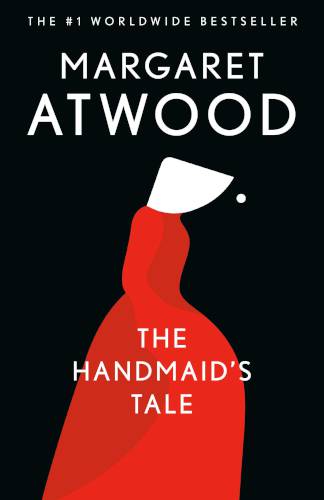
In 1985, Margaret Atwood wrote one of the most important pieces of fiction about the dystopian possibilities of the patriarchy.
The Handmaid's Tale takes place in a near-future New England where the Republic of Gilead has usurped the American government and installed its own form of democracy.
In this new totalitarian nation, the ruling men reproduce with so-called handmaidens: women who are forced to bear their children. It's a chilling depiction of cruel misogyny that everyone should read.
5. Animal Farm
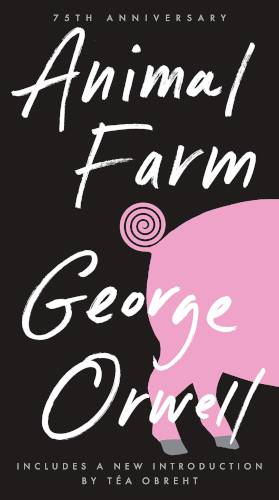
George Orwell was originally a journalist who spent a great deal of time documenting the Soviet Russia under Stalin's regime. One of the works he produced based on the Stalinist era was Animal Farm.
A clever, prescient, and daring depiction of what happens in a dictatorial society, Animal Farm was—and still is—downright chilling.
While it may not be his most celebrated work, it's easily one of the most celebrated dystopian books of all time. And this won't be the last time George Orwell appears on this list!
4. Fahrenheit 451
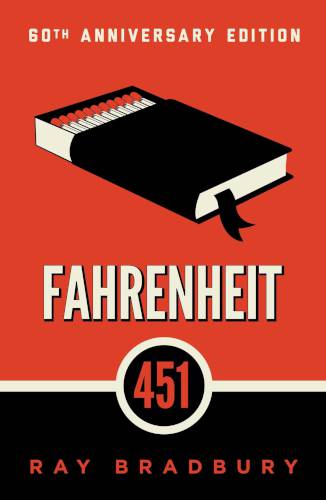
What do you do when you want your populace to follow you blindly? According to Ray Bradbury, the answer is: burn all the books.
In Fahrenheit 451, Ray Bradbury managed to convey his fear of history being exterminated by a tyrannical government. It's a prophetic story that excellently paints the effects of authoritarianism.
Guy Montag, a fireman tasked with destroying knowledge and burning books, realizes that what he's doing is wrong. But will he be able to turn the giant wheel of suppression around and preserve history?
3. Brave New World
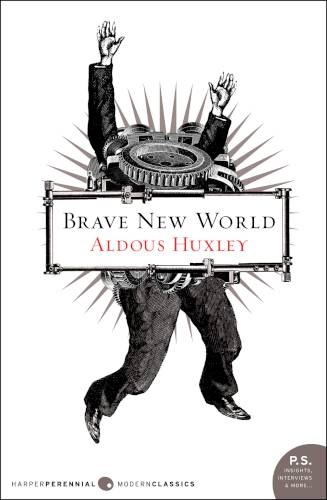
Aldous Huxley's Brave New World is one of the preeminent texts when it comes to dystopian tales of brainwashing, pharmaceutical conditioning, and psychological manipulation.
In a lot of ways, Huxley's book is such an accurate depiction of modern society that it makes the story scarier than any horror book. It's like having your eyelids permanently peeled back.
He may have taken some inspiration from We, but he made it his own. Brave New World is one of the most inspirational works of science fiction, influencing the entire genre for decades after it.
2. The Road
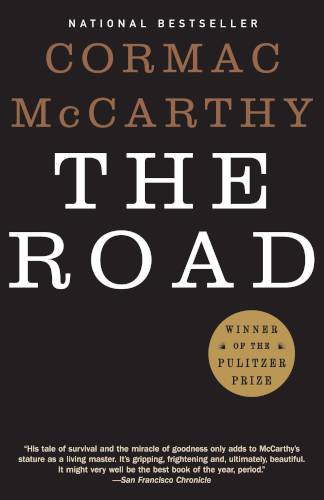
Cormac McCarthy is the spectacular author behind some of the greatest works of modern literature, including Blood Meridian, All the Pretty Horses, and No Country for Old Men.
But his best work remains The Road, which centers on a father-son duo as they move across a post-apocalyptic land in an attempt to make it to the sea. They hope to find better fortune along the coast.
In The Road, there's so much that stands between the father-son duo and their goal: dust, cannibals, starvation, weather, exposure.
What happened to make the world this way? It's never said—and that's partly why this book is so moving. We're never given an explanation as to what caused all of it, so we fill it all in with our imagination.
After all, it doesn't take too much effort to think of what could possibly have created such an environmental disaster...
Of all the books on this list, The Road might just be the most beautifully written, making it the most stark portrayal of post-apocalyptic survival in the history of modern literature.
1. 1984
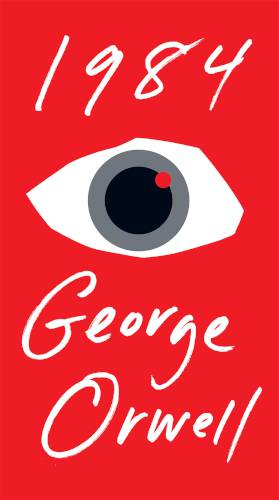
No other book has had a more profound impact on the depiction of totalitarian regimes than George Orwell's 1984.
George Orwell was already well-known for his ability to depict authoritarian governments after he wrote Animal Farm. However, with 1984, Orwell surpassed all of his previous work.
In 1984, the world is divided into three superstates: Oceania, Eastasia, and Eurasia. The story follows a normal man named Winston Smith, who tries his best to keep his head above water while Big Brother bears down on his every move.
It's not a pretty world to live in. Children report their parents to Big Brother. Nations are in an everlasting war. No one is safe. Will he be able to bring change to the oppressed society in which he lives?
1984 was so influential that its made-up terminologies are still used today: doublethink, thought police, and even thoughtcrime are all terms that Orwell created to paint his picture of totalitarianism.
There's no doubt about it. To this day, 1984 remains at the very top above all the best dystopian books of all time.
